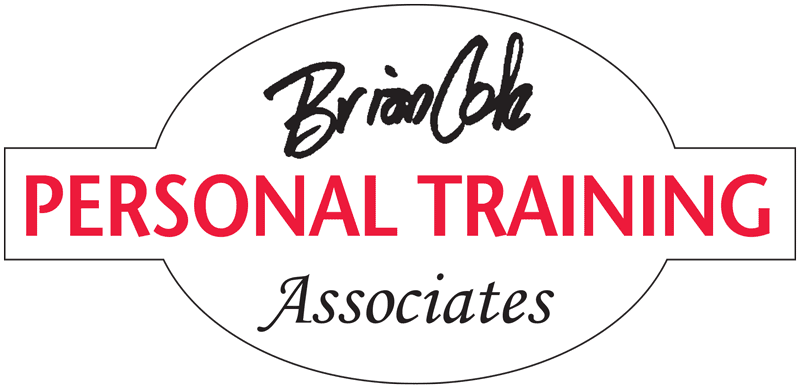For the last few years as I sit by myself while reading on my beach, a lady walks by, always by herself, earbuds in, walking purposefully, eyes straight ahead. A month or so ago I stood, gestured for her to stop and said: “I’m not asking for your phone number or even your name, but you’ve been walking right by me for years. I’m usually by myself and so are you. I’m just asking you to wave. You don’t even have to slow down. But please start waving, to say hi.” She smiled; we talked.
The part of our brief chat I’m sharing here opened a door for me. She owned a business which was doing well but was crippled by the COVID-19 pandemic, as many were, and it failed. She was forced to find income and had to take a bartending job in Virginia Beach. Then she said, “I’ve been humbled by the last couple of years.”
That statement was so open, straight forward, unapologetic and if not self-confident to make, definitely without guise. It was just honest. I was impressed and I was intrigued, for the first time, by the concept of humility.
Humility to me always represented not being confident enough to take charge, to lead and to some degree, it represented weakness. But the way she comfortably owned it didn’t sound that way at all. So, inspired, I did some homework and I’m going to share some of what I learned.
Those reading this who’ve always been more self-effacing may not find anything beneficial. Those who’ve been more competitive and proud of their accomplishments may (I hope) find some observations of value.
We live in a competitive free enterprise economic culture. We say we’re about equal opportunity and I guess in many ways we are, but mostly we value effort and recognize that usually separates us into very unequal positions. We comfortably accept that. (Yes, I know that’s an oversimplification but bear with me.) The point I’m making is that competing and trying to improve ourselves to be better is encouraged and valued in our society. That’s just not a natural part of being humble.
There comes a time, if we’re fortunate enough to live a long healthy life, when we stop striving for our personal definition of excellence. We relax a bit and accept our limitations and vulnerabilities. (Some call that retirement I guess). The ego, sometimes inflated, that drove us to reach and to excel, which benefited us during those earlier years, is then more receptive to the concept of humility.
I’m going to define humility as a more accurate, accepting and realistic view of oneself and of our limitations. It’s recognizing the truth. We’re not that special as individuals. We’re just part of something much larger. Acceptance of reality, even when it’s uncomfortable, is an essential prerequisite to meaningful actions. Otherwise we’re not focused on what really matters. When viewed from that perspective, the truth of humility is exactly what we need to embrace so our actions are more relevant.
We can still have strong, well thought-through viewpoints while always keeping an open mind and be confident enough to change when new information is presented. Accept that it’s rarely about right and wrong but usually about individual viewpoints. None of us is always right about everything and differing opinions are not always wrong. Knowing that is humility.
Insights appear at unexpected times. This is my “thank you” to an unpretentious lady who I’m sure is working on improving her life as I write this.

